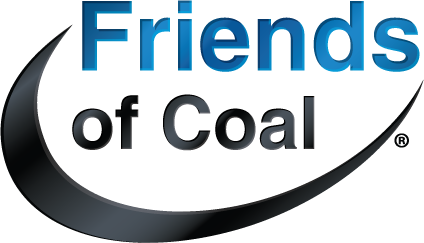More CO2 Recycling to Liquid Fuel
- Details
We have introduced you previously to Brookhaven National Laboratory's "Carnol" process for recycling Carbon Dioxide. Herein is more detail, and a fuller explanation of how the Carbon Dioxide co-product of our coal-fired-power and coal-to-liquid-conversion facilities could, and should, be used as a valuable raw material resource.
The excerpt:
Engineering Research and Applications Division, Department of Advanced Technology, Brookhaven National Laboratory, Upton, NY 11973-5000, U.S.A.
The feasibility of an alternative CO2 mitigation system and a methanol production process is investigated. The Carnol system has three components: (i) a coal-fired power plant supplying flue gas CO2, (ii) a process which converts the CO2 in the presence of He (Correction: "H", hydrogen, is intended by the author, not "He", helium - JtM) from natural gas to methanol, (iii) use of methanol as a fuel component in the automotive sector. For the methanol production process alone, up to 100% CO2 emission reduction can be achieved; for the entire system, up to 65% CO2 emission reduction can be obtained. The Carnol system is technically feasible and economically competitive with alternative CO2-disposal systems for coal-fired power plants. The Carnol process is estimated to be economically attractive compared to the current market price of methanol, especially if credit can be taken for carbon as a marketable coproduct."
We think it important to repeat a few passages:
"For the methanol production process alone, up to 100% CO2 emission reduction can be achieved; for the entire system, up to 65% CO2 emission reduction can be obtained."
"The Carnol system is technically feasible and economically competitive with alternative CO2-disposal systems for coal-fired power plants. The Carnol process is estimated to be economically attractive compared to the current market price of methanol, especially if credit can be taken for carbon as a marketable coproduct."
We can potentially convert, as we understand it, 100% of a coal plant's CO2 emissions into liquid fuel. That would result in an overall reduction of CO2 emissions of 65% for the complete coal-power and CO2-to-liquid-fuel recovery system. And, we get a liquid fuel, methanol, which we can convert into gasoline if we want to, in the bargain.
Steinberg's economic "kicker" seems to be one we've earlier suggested: The methanol system is economically attractive "if credit can be taken for carbon as a marketable coproduct". We presume him to refer to the market for trading carbon credits, established by Cap & Trade legislation.
In any case, we reaffirm that Carbon Dioxide is a valuable by-product of our coal use, and we can find profitable ways to use it. We shouldn't punish our coal industries for making the opportunity possible.






